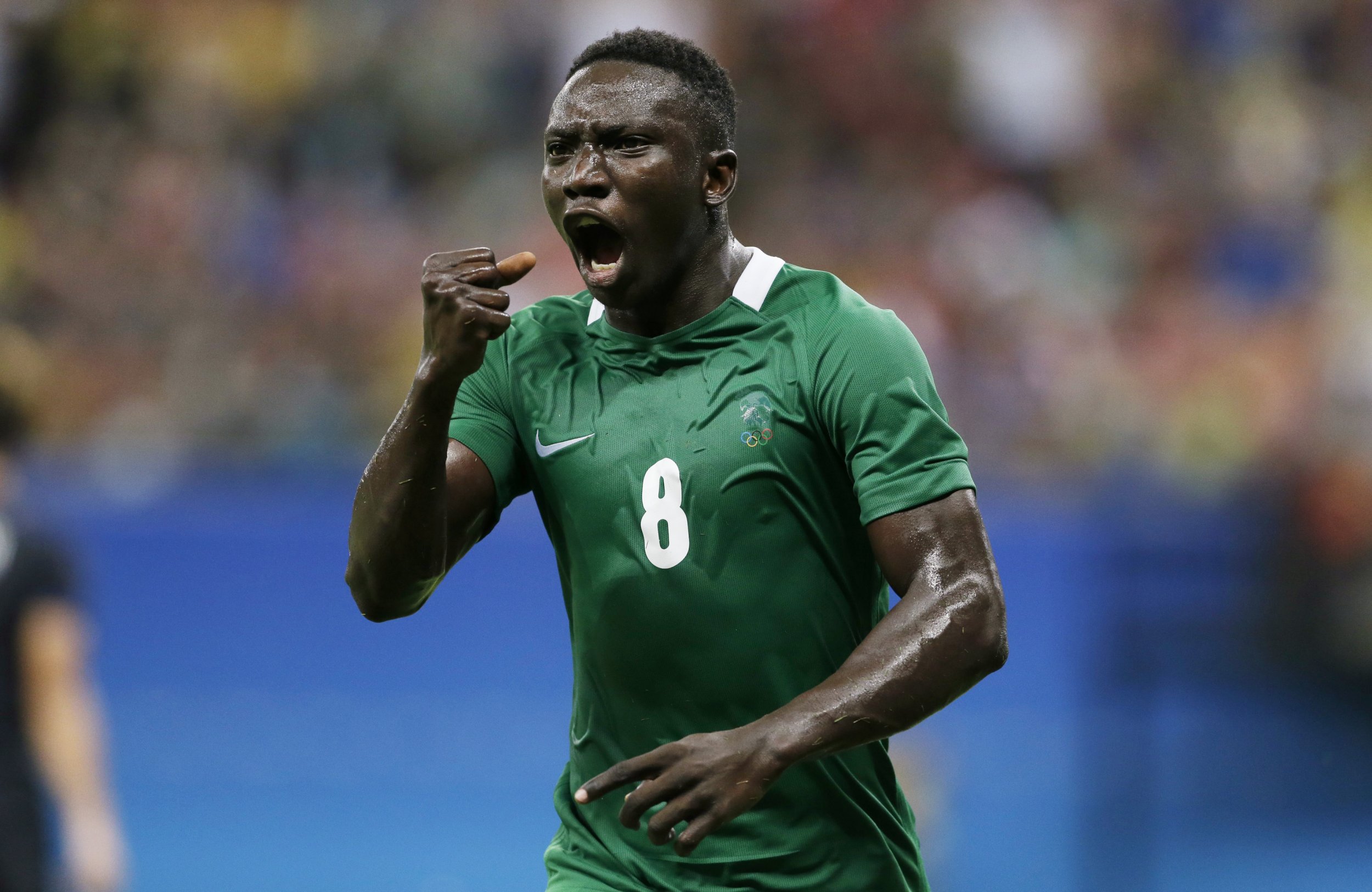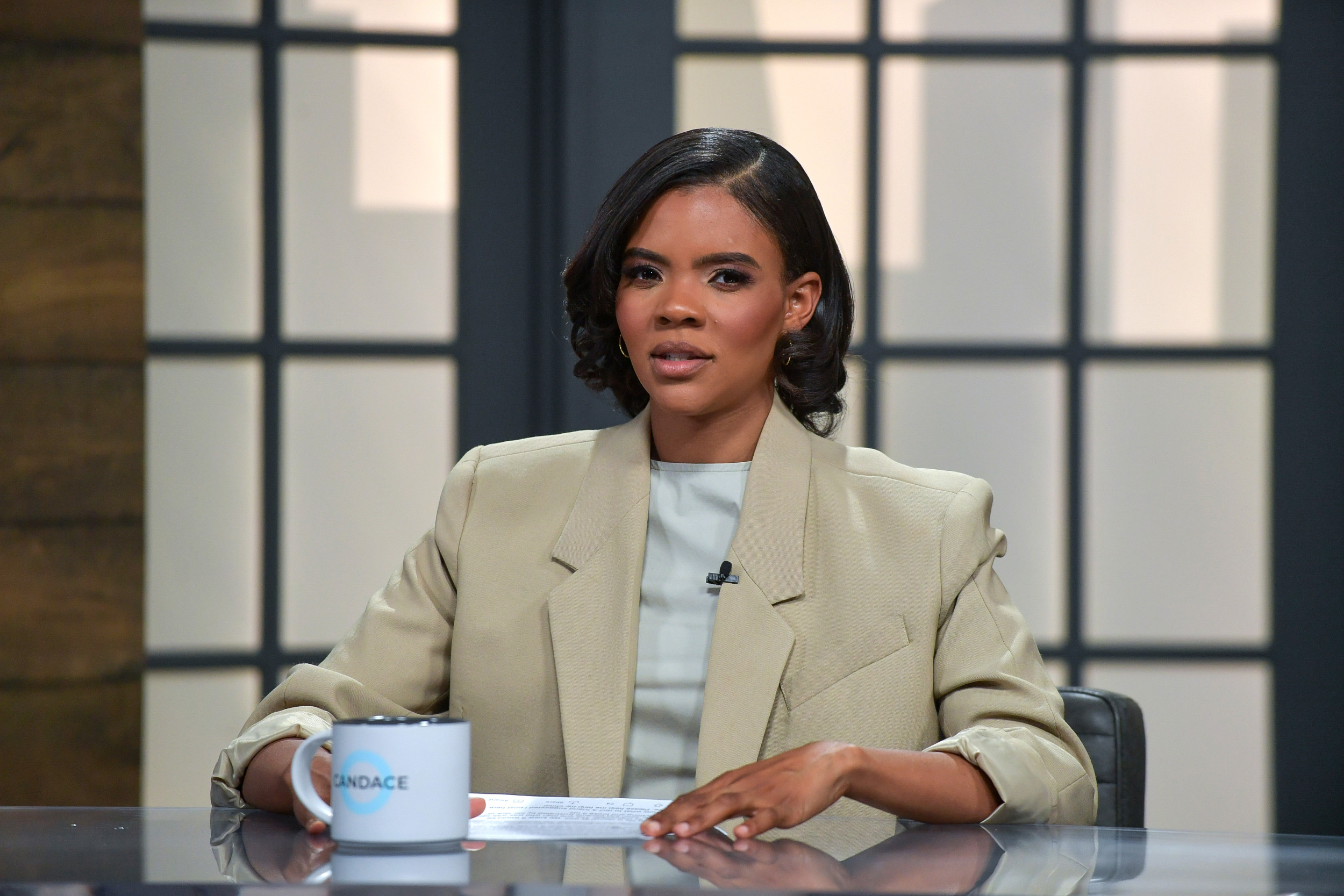
Fail to prepare, prepare to fail, the old adage goes.
But Nigeria's Olympic footballers are defying conventional wisdom. Despite difficult preparations and a traumatic journey to Brazil, the Super Eagles have navigated their way through the group stages at the Rio 2016 Olympics and are now looking forward to a winnable quarter-final tie against Denmark, whose morale will be dented after a 4-0 drubbing at the hands of the hosts.
The West African country has an inglorious Olympic history, registering just 23 medals—three of which were gold—across 15 competitions since it began competing in 1952. Nigeria's total haul is two fewer than that of U.S. swimmer Michael Phelps. But one of the few shining lights in the country's Olympic past was the success of the so-called Dream Team—Nigeria's footballers at the Atlanta 1996 Olympics, who defeated South American giants Brazil and Argentina on the way to becoming the first African nation to triumph in the history of the tournament.
There has been hushed talk of whether, 20 years on from that success, the 2016 cohort might be able to mimic it—Nigeria's football captain in Rio, Chelsea midfielder John Obi Mikel, has even dubbed the squad #DreamTeamVI on Twitter.
But problems began mounting for Olympic football team coach Samson Siasia—who has reportedly been working without a salary since January—when he named his provisional squad for the Olympics back in June. Olympic football teams are restricted to players under the age of 23 (with three exceptions allowed). After naming a relatively-strong 35-man squad, Siasia was hit by a triple rejection when three of his highest-profile players Manchester City's Kelechi Iheanacho, Odion Ighalo of Watford and Arsenal starlet Alex Iwobi—were blocked by their clubs from participating in the tournament.
Then came the almost-ill-fated training camp. The squad chose to undertake its preparations in Atlanta, the scene of its triumph two decades prior. The players reportedly failed to receive their allowances on time, with Nigerian sports minister Solomon Dalung allegedly threatening to sanction officials, including Siasia, who had spoken out in the media about the team's poor preparation.
The confusion climaxed in the team's botched departure from Atlanta. Dalung told Newsweek at the time that the team had struggled to obtain tickets for flights to Rio and so the Nigerian government had chartered an aircraft for them. But further delays arose when the despatched airplane was found to be too small for the players and their families.
Eventually, a larger plane was provided and the squad flew to Manaus last Thursday, just hours before their opening match against Japan—perhaps a contributing factor to the topsy-turvy nature of that fixture, which Nigeria won 5-4. The complications also led to captain Mikel missing the opening ceremony in Rio, at which he was due to be Nigeria's flag bearer.
Nevertheless, the team grouped together and became the first team in the tournament to secure qualification for the quarter-finals with a 1-0 victory over Sweden on Sunday (after which Dalung reportedly apologized to the squad for its hectic preparations). Despite a 2-0 loss to Colombia on Wednesday, Nigeria is now the only remaining African team in the tournament after South Africa and Algeria bowed out at the group stage.
With hosts Brazil, world champions Germany and recently-crowned European kings Portugal all in the last eight, it will be a big ask for Nigeria to repeat the success of their decorated predecessors at Atlanta 1996. But following their impressive group stage antics, some are just starting to believe that the Super Eagles might soar again.
Uncommon Knowledge
Newsweek is committed to challenging conventional wisdom and finding connections in the search for common ground.
Newsweek is committed to challenging conventional wisdom and finding connections in the search for common ground.
About the writer
Conor is a staff writer for Newsweek covering Africa, with a focus on Nigeria, security and conflict.
To read how Newsweek uses AI as a newsroom tool, Click here.








